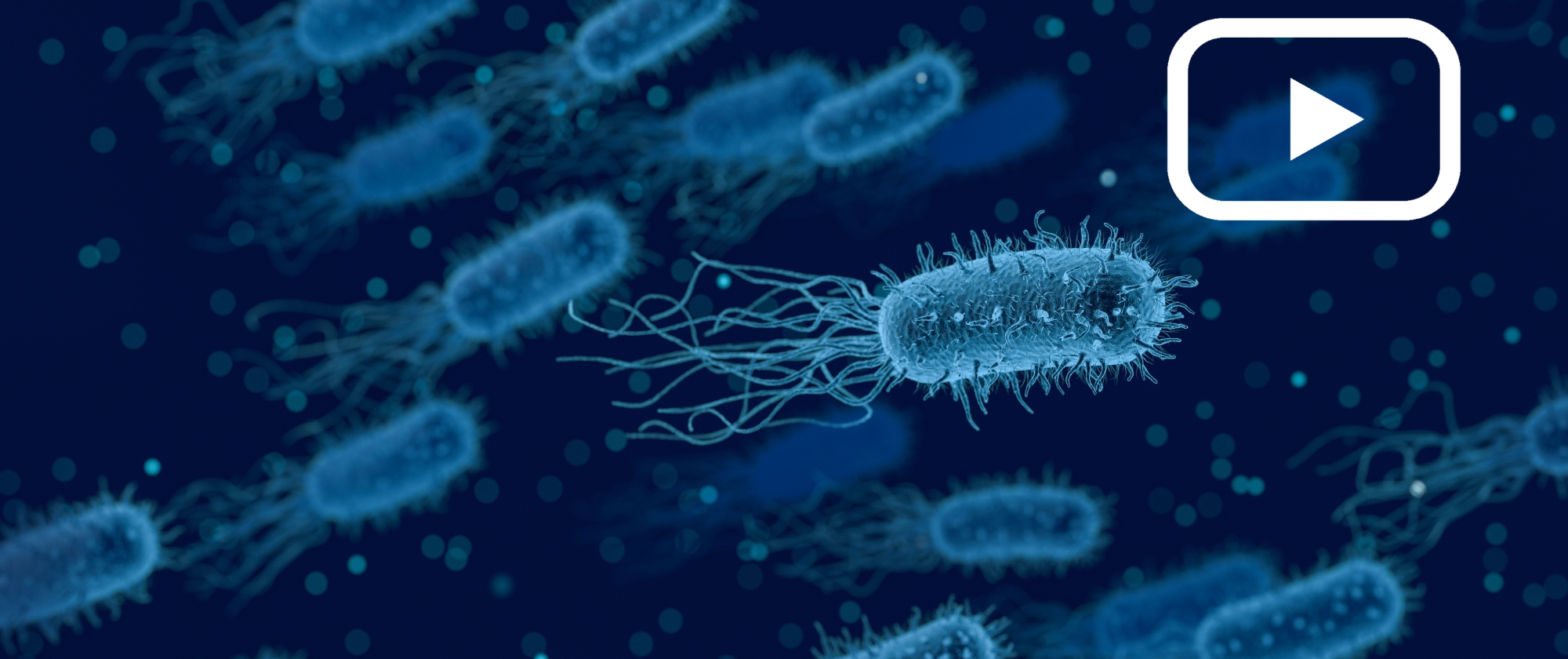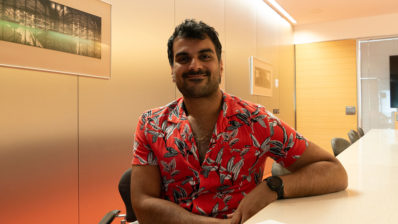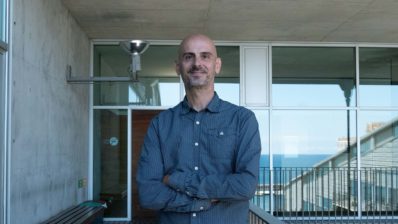Hacking bacterial communication, and other things you need to know about the scientific career is the title of a talk aimed at 16 to 18 year-old students that took place within the framework of the 2019 BioJunior Day.
Carlos Toscano, a PhD student at the Experimental and Health Sciences Department of the Pompeu Fabra University (DCEXS-UPF), shared with the students his experience in the research world: how he got to his actual position and which things were useful (and not so useful) throughout his scientific career.
At the beginning of the talk, Toscano introduced the young students to his research into how to hack bacterial communication; that is, how to influence the mechanisms through which bacteria “speak” to each other.
Some of the topics that Toscano wanted to highlight about the scientific career were the following:
- Don’t let anyone tell you what biology is: find out yourself what it really is. Discover the area you like the most and what you need to study to get there.
- In biology (it can be extrapolated to other scientific degrees), it’s not the same to be a graduate in biology than a biologist or a scientist. While in the first case you only need to obtain the degree, in the second and third cases you need to integrate the knowledge learned and be able to solve real scientific problems, respectively.
- Although it’s not essential, your grades are important. Good grades will help you get scholarships and access better opportunities more easily.
- Don’t let the impostor syndrome (believing you’re not good enough and you don’t deserve to be where you are) invade you.
- If a procedure is leading you to a wrong result, it’s very likely that you’re assuming an erroneous concept without being aware of it. Recapitulate and review each step of the process.
- It’s not just about learning from mistakes, it’s about knowing and trying out every single way to make mistakes.
- Collaboration and cooperation are essential in science.
- Entering the university is not the only way. And if you have decided to go for it, quitting – at any time – is not a failure!
You can watch the video of the whole talke here (in Spanish).






